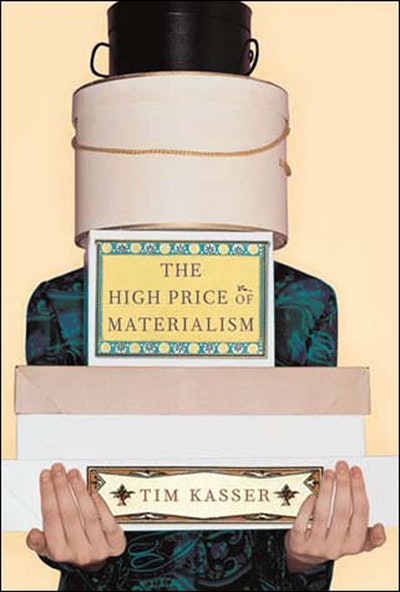A study of how materialism and consumerism undermine our quality of life.
In The High Price of Materialism, Tim Kasser offers a scientific explanation of how our contemporary culture of consumerism and materialism affects our everyday happiness and psychological health. Other writers have shown that once we have sufficient food, shelter, and clothing, further material gains do little to improve our well-being. Kasser goes beyond these findings to investigate how people's materialistic desires relate to their well-being. He shows that people whose values center on the accumulation of wealth or material possessions face a greater risk of unhappiness, including anxiety, depression, low self-esteem, and problems with intimacy—regardless of age, income, or culture.
Drawing on a decade's worth of empirical data, Kasser examines what happens when we organize our lives around materialistic pursuits. He looks at the effects on our internal experience and interpersonal relationships, as well as on our communities and the world at large. He shows that materialistic values actually undermine our well-being, as they perpetuate feelings of insecurity, weaken the ties that bind us, and make us feel less free. Kasser not only defines the problem but proposes ways we can change ourselves, our families, and society to become less materialistic.


